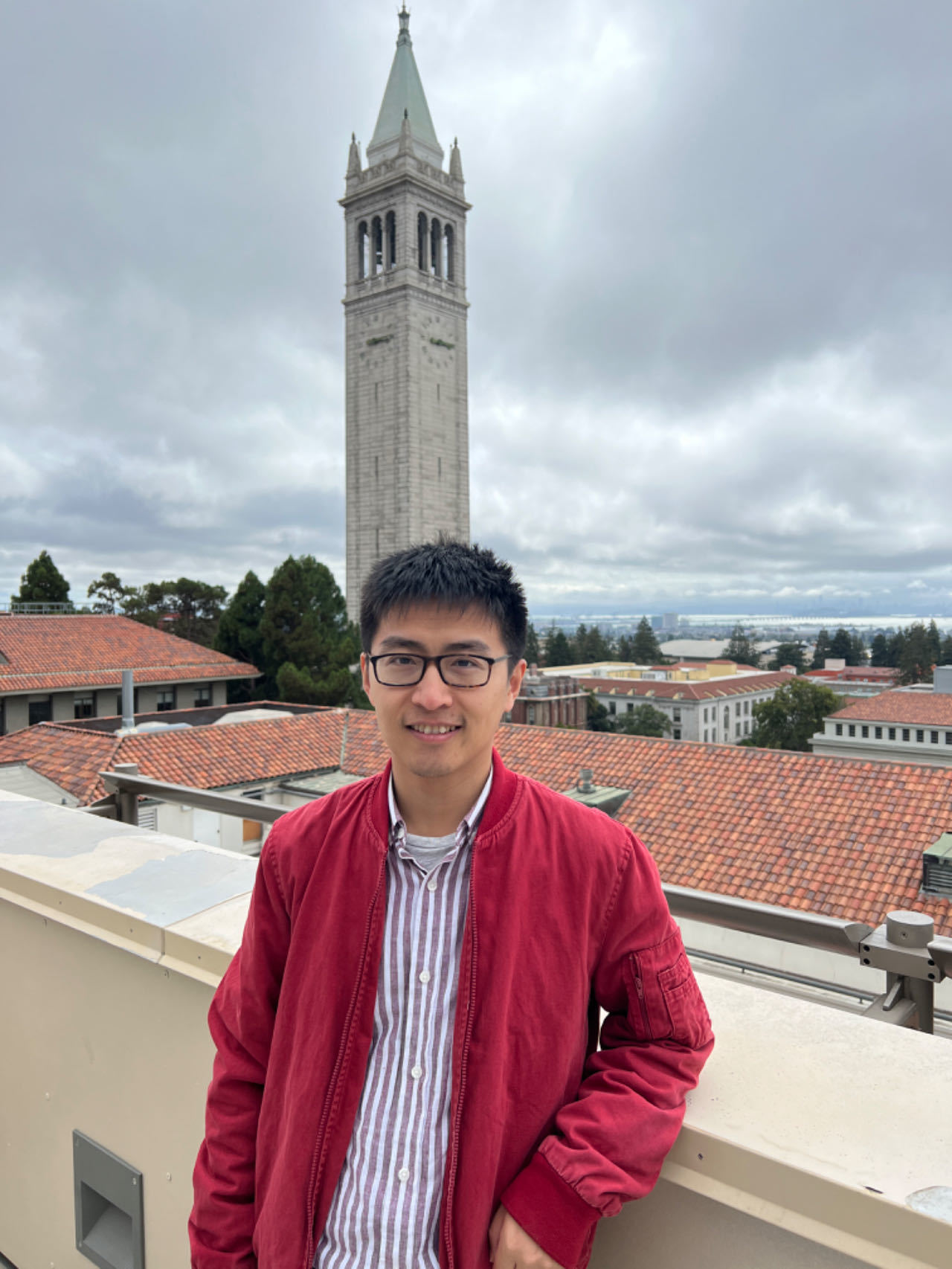Wed, Jun 19 2024, 4pm
Jiangwan C101
Astro Seminar: Stars under Einstein’s microscope: strong gravitational lensing near caustics
Prof. Liang Dai (UC Berkeley)
Abstract: Rich clusters of galaxies are the largest gravitational magnifiers in the Universe. One of the most interesting gravitational lensing phenomena arises when background galaxies overlap with the lensing caustics cast by the cluster lens, such that a portion of it is tremendously magnified by hundreds to even thousands fold. As a result, Nature’s most luminous classes of stars have been individually or collectively detected by space telescopes from cosmological distances. Quantitatively studying their behavior will enable us to probe an impressive hierarchy of fine mass structures inside the lens: from star-free sub-galactic cold dark matter halos, to intracluster stars, and to even minuscule dark matter clumps predicted in many of the particle physics models of the dark matter. I will talk about what we have theoretically understood about the extremely magnified stars, what latest observational advances there are, and what unique constraints on dark matter micro-structures can be derived.
Bio: Liang Dai is a junior professor at University of California, Berkeley (UCB) and an Alfred P. Sloan Research Fellow. Prior to joining the faculty of UCB, he was a postdoctoral fellow and an NASA Einstein Fellow at the Institute for Advanced Study. He accomplished a PhD dissertation on theoretical cosmology at Johns Hopkins University. Before that, he earned a B.Sc. degree in physics at Peking University. His current research interests include strong gravitational lensing, extragalactic astronomy and cosmology.

